AI bias must be tackled to avoid it 'unknowingly' harming people
Experts warn we must "think about the ethical implications" of AI bias
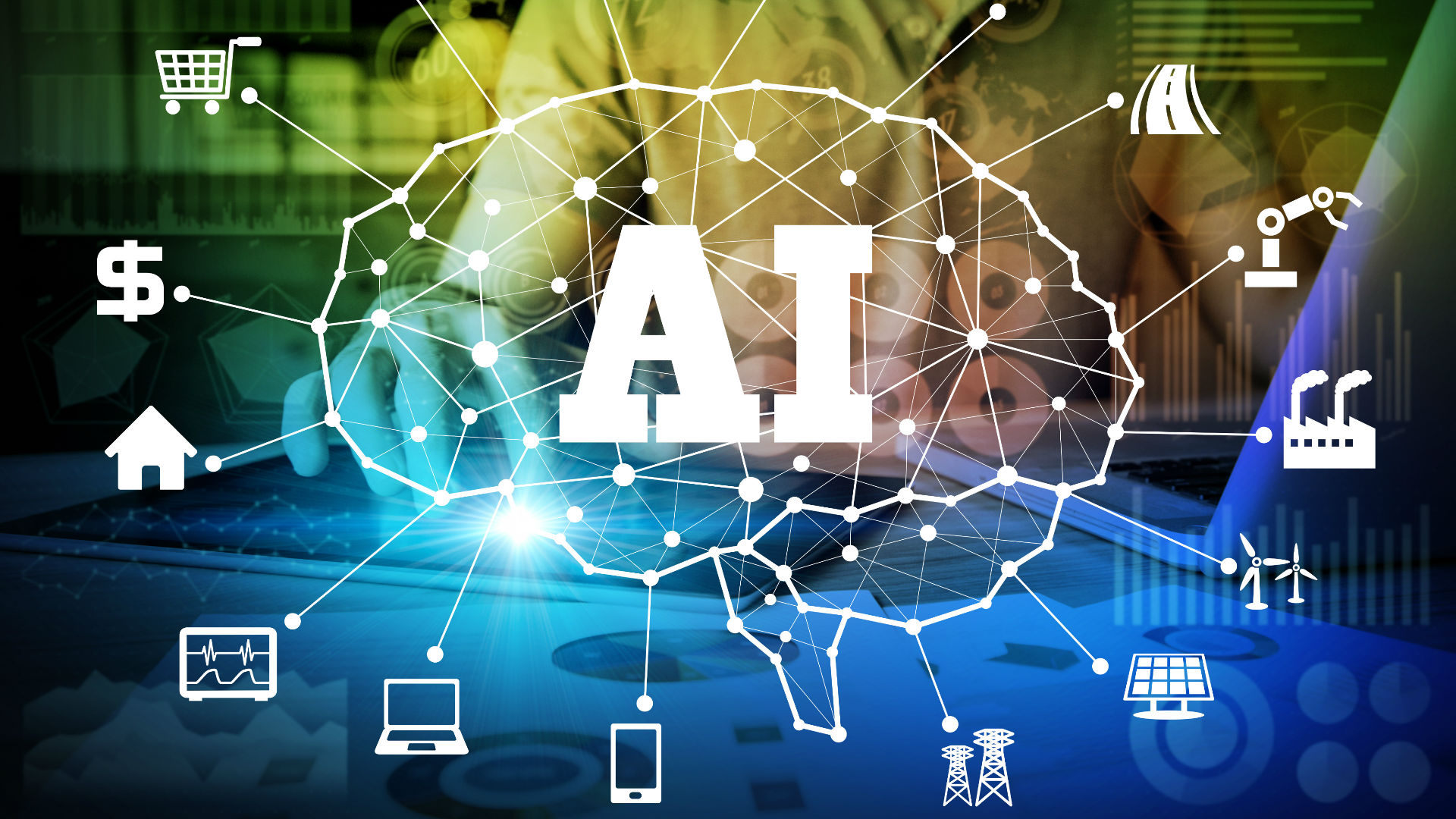

While AI hasn't quite come of age, it's now got to a point where most people understand what the benefits are.
However, for all the benefits on offer, companies looking to take advantage of AI must still put ethical considerations and the avoidance of bias on the priority list, according to a panel session held at Salesforce's Dreamforce conference in San Francisco this week.
"Accuracy levels are so high now that the kind of things you can do in one year were not possible years ago with hundreds of people," said Richard Socher, chief scientist at Salesforce.
"Now that this stuff is working, we really need to think about the ethical implications."
Kathy Baxter, an architect in Salesforce's Ethical AI Practice, concurred about the need to ensure such sophisticated technologies do more good than harm, adding: "How do we rebuild software that truly has a positive impact on the people it serves?"
"AI can do so much tremendous good, but it can have the potential to unknowingly harm individuals. We can't expect AI to magically exclude bias in society bias is baked in."
Baxter continued: "How do we represent the world that we want and not the world as it is?"
Get the ITPro daily newsletter
Sign up today and you will receive a free copy of our Future Focus 2025 report - the leading guidance on AI, cybersecurity and other IT challenges as per 700+ senior executives
Given AI essentially needs to learn, it will take its lead from human beings so it's the responsibility of humans to act ethically and do the right thing when it comes to AI development, agreed the panel moderated by Salesforce futurist Peter Schartz.
Baxter stressed that in particular, there's a need to ensure that people are not adversely impacted because of factors they cannot change or control, such as gender or race.
The panel highlighted that it will be just as important to educate people on the shortcomings of AI and potential bias as it is to promote the benefits of smart systems. Ultimately, like with technology today, the results you get out are only as good as the data that's put in. The same is true of AI as it stands now.
"AI will have a bigger impact than the internet on humanity," Socher added. "AI will pick up bias and either amplify it or keep it going. We have to educate people that AI is only as good as the training data."
When it comes to that so-called training data, Baxter said Salesforce recognised its role in boosting awareness and education levels. Using Trailhead, as well as other AI-focused resources, the cloud firm hopes to help open peoples' eyes to the potential and the pitfalls so they can make informed decisions.
"The quality of that training data is key. It helps customers see and understand the data so they can identify if there is any bias there if there are any errors, so they can correct it," Baxter added.
"Ethics is a mindset, not a checklist and we need to instil it early on."
Maggie has been a journalist since 1999, starting her career as an editorial assistant on then-weekly magazine Computing, before working her way up to senior reporter level. In 2006, just weeks before ITPro was launched, Maggie joined Dennis Publishing as a reporter. Having worked her way up to editor of ITPro, she was appointed group editor of CloudPro and ITPro in April 2012. She became the editorial director and took responsibility for ChannelPro, in 2016.
Her areas of particular interest, aside from cloud, include management and C-level issues, the business value of technology, green and environmental issues and careers to name but a few.
-
 Should AI PCs be part of your next hardware refresh?
Should AI PCs be part of your next hardware refresh?AI PCs are fast becoming a business staple and a surefire way to future-proof your business
By Bobby Hellard
-
 Westcon-Comstor and Vectra AI launch brace of new channel initiatives
Westcon-Comstor and Vectra AI launch brace of new channel initiativesNews Westcon-Comstor and Vectra AI have announced the launch of two new channel growth initiatives focused on the managed security service provider (MSSP) space and AWS Marketplace.
By Daniel Todd
-
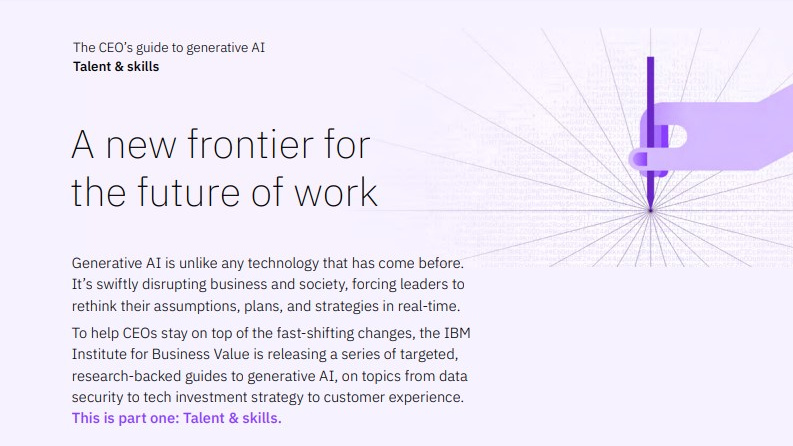 The CEO's guide to generative AI: A new frontier for the future of work
The CEO's guide to generative AI: A new frontier for the future of workWhitepaper Make people, not technology, central to your generative AI strategy
By ITPro
-
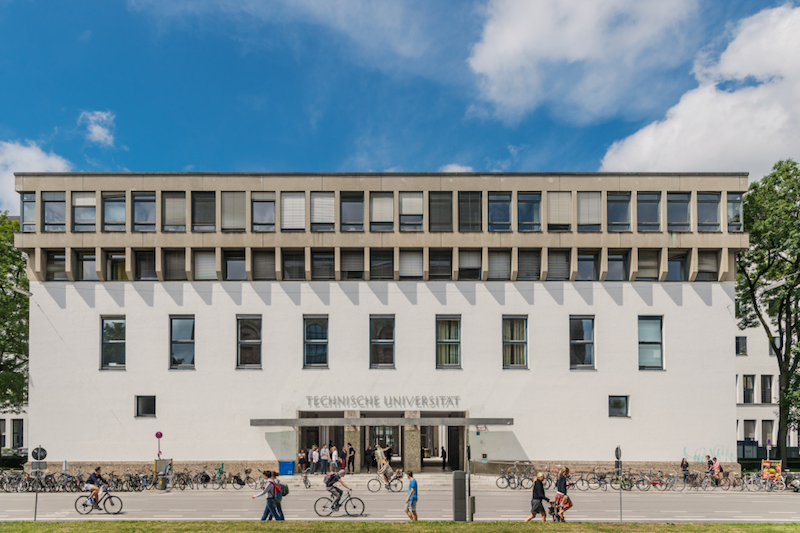 Facebook and TUM create joint AI ethics research centre
Facebook and TUM create joint AI ethics research centreNews The social network will contribute $7.5 million to the centre over a period of five years
By Clare Hopping
-
 A day in the life of a smart city dweller
A day in the life of a smart city dwellerSponsored How a truly connected life could spell the end of traffic jams, potholes and the weekly shop
By ITPro
-
 China’s AI research still behind the west, but not for long
China’s AI research still behind the west, but not for longNews Government investment has led to a 150% increase in Chinese AI papers since 2007
By Connor Jones
-
 “Treasure trove” of 66m records suggests LinkedIn data scraping
“Treasure trove” of 66m records suggests LinkedIn data scrapingNews Users warned to guard against unsolicited job adverts via email
By Keumars Afifi-Sabet
-
 CIO strategies for moving to a cloud-first business
CIO strategies for moving to a cloud-first businessIn-depth IT leaders describe barriers to adoption, and why on-premise will have a role for many years to come
By Mark Samuels
-
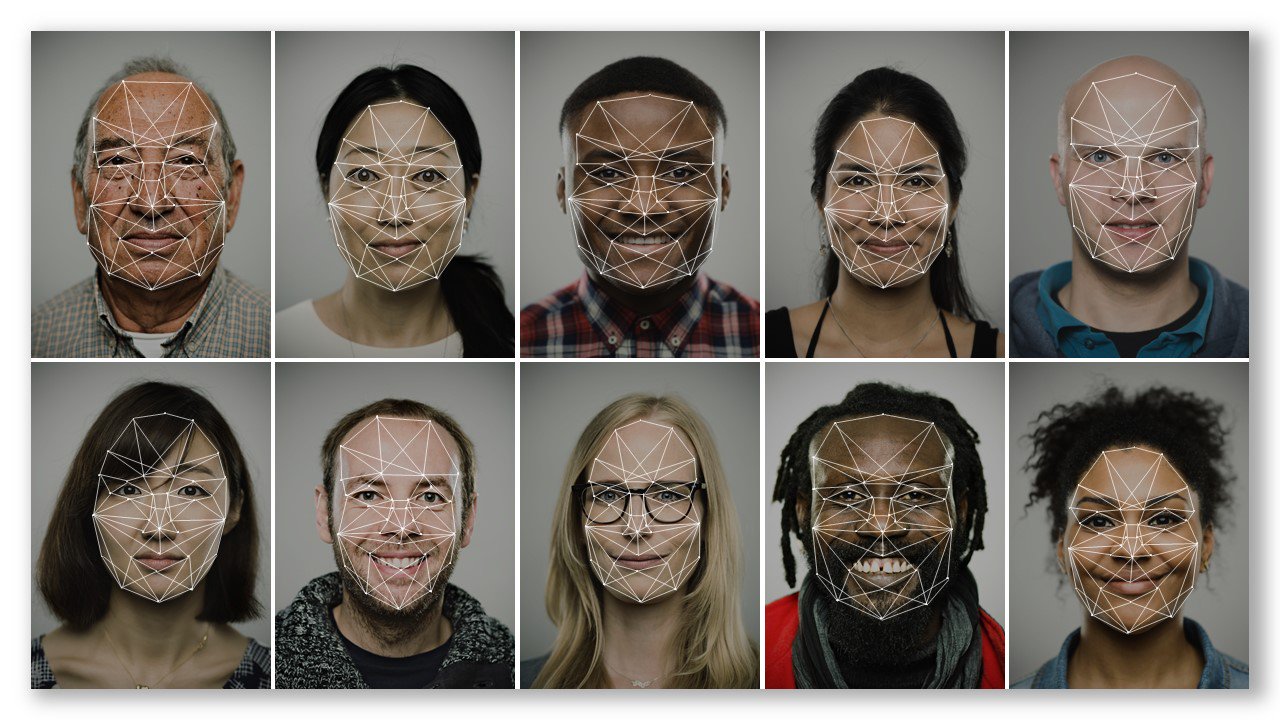 Microsoft touts recommendations for facial recognition tech legislation
Microsoft touts recommendations for facial recognition tech legislationNews Microsoft President Brad Smith said governments and businesses should work together to prevent the technology being misused
By Clare Hopping
-
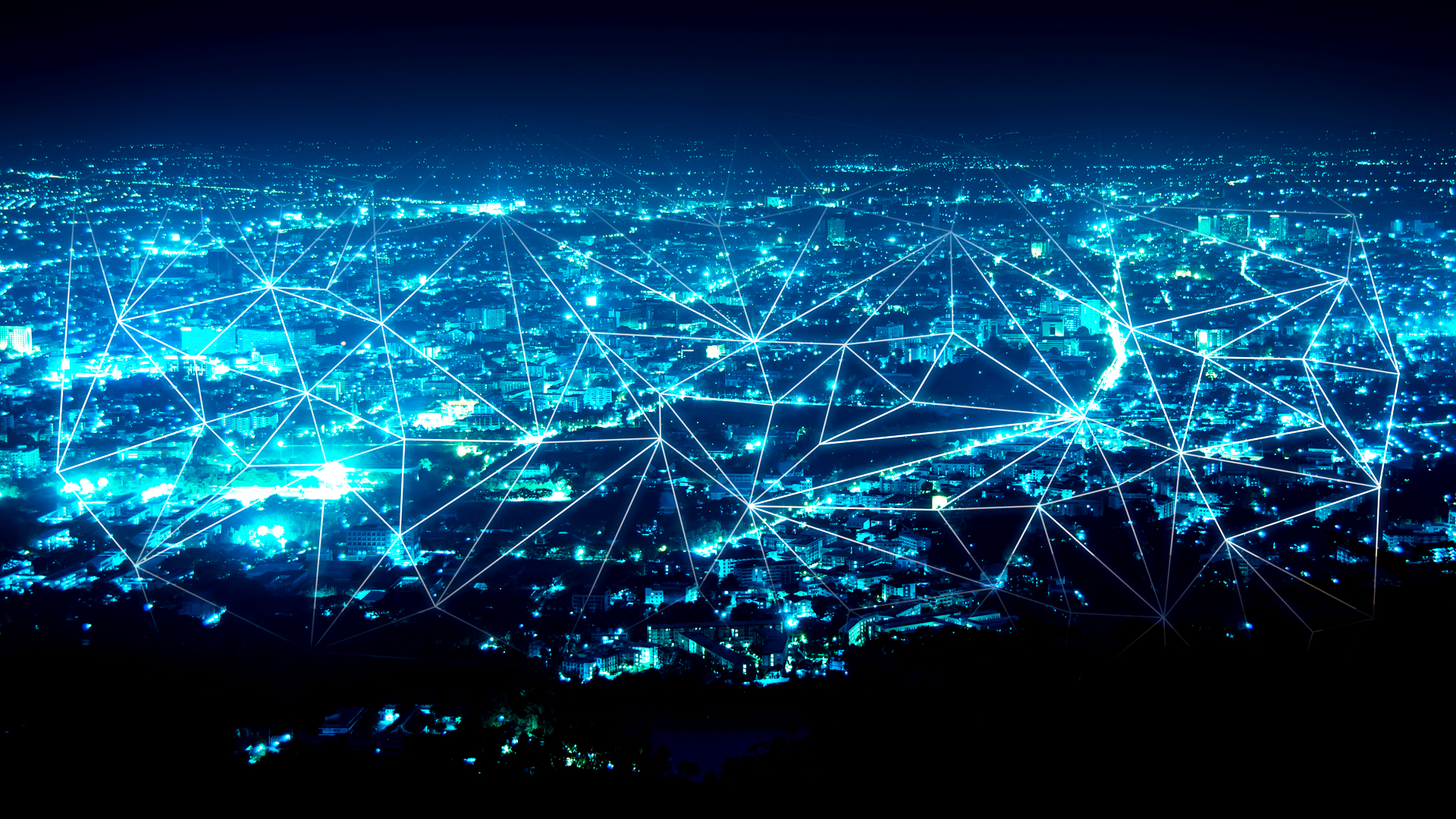 How open data is driving UK smart city innovation
How open data is driving UK smart city innovationIn-depth Transport for London and local councils explain the importance of keeping data open for everyone
By Sandra Vogel